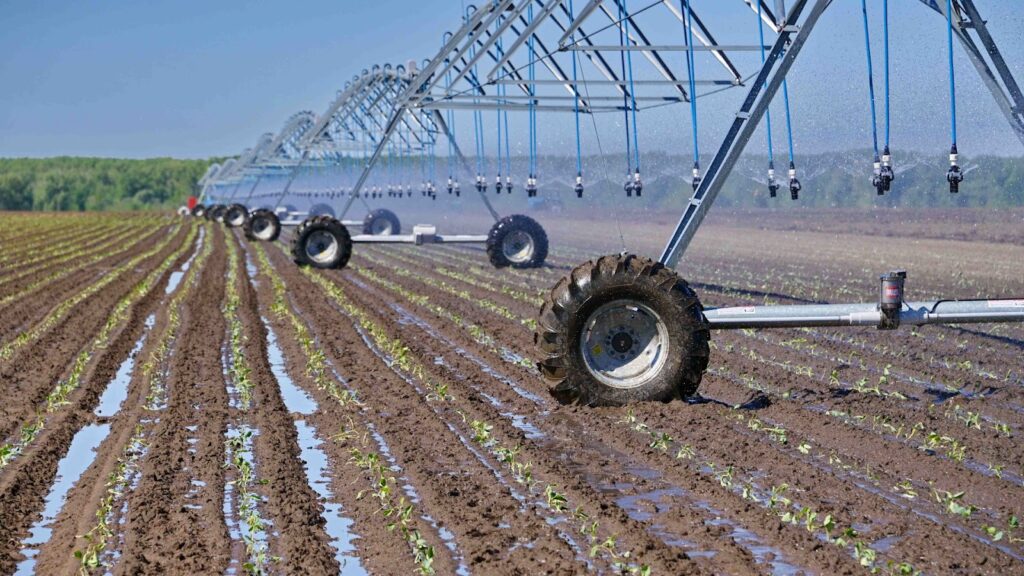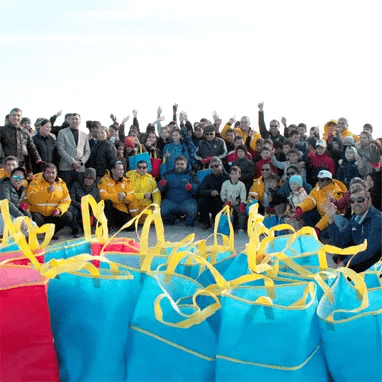Viewing results 1 - 6 of 27
On March 5th, Uzbekistan’s President Shavkat Mirziyoyev visited a new centre for environmental diagnostics of motor vehicles in Tashkent. Environmental issues have become a major concern in Uzbek’s capital city, especially air pollution caused by harmful emissions from traffic. In a measure to stall the sharp increase in air pollution, the centre first assesses the level of harmful substances emitted by motor vehicles and depending on results, attaches color-coded stickers with chips to vehicles’ windshields. Plans are in place to divide the city's territory into several ecological zones. Entry will be limited in accordance with the level of pollutants emitted by vehicles, identified by their red, yellow, or green stickers. Drivers of vehicles that violate the rules will be automatically fined and the resulting revenue, invested in incentives to further improve the environment. The government plans to expand the initiative by installing some 100 automatic air monitoring stations and creating 84 registration and diagnostic centres for vehicles across the country. In a move towards tackling air pollution, the government will also encourage the purchase of greener, electric vehicles by reducing the fee for state license plates.
On 27th February, Kazakhstan’s Ministry of Water Resources and Irrigation announced plans to increase the volume of groundwater used for agricultural irrigation by tapping into local reserves. The country and especially its dry southern and eastern regions, has long been dependent on water from its upstream neighbors, Kyrgyzstan and China. Kazakhstan’s groundwater reserves exceed 43,000 tons per day, 19,000 tons of which could effectively be used in irrigation. Agriculture currently uses more than 40 thousand tons, equivalent to 60%, of water collected per day. Of this, groundwater makes up just 1.2%. Under the first stage, this is due to increase to 10-15%, initially from reserves in Almaty, Pavlodar, East Kazakhstan, and Zhambyl. In 2023, of the 1.8 million hectares of irrigated land in Kazakhstan, water-saving technologies were employed on as little as 17% (312,000 hectares), with drip irrigation used on only 84,000 hectares. As an added incentive to implement the expansion of areas of irrigated land through a greater use of groundwater and water-saving technologies, the state will introduce subsidies and reduced tariffs for users.
In a demonstration of communal commitment to the environment, over 100 citizens of Turkmenistan engaged in a clean-up initiative organized by the Malaysian oil and gas giant, Petronas. The event on Kiyanly beach, aimed at stimulating environmentally responsible behaviour, saw participants cleanse the shoreline of litter. Petronas regularly stages such events as part of its broader environmental policy, with employees of the company and citizens coming together, fostering a sense of shared responsibility. It is hoped that such initiatives can become a catalyst for lasting change.



